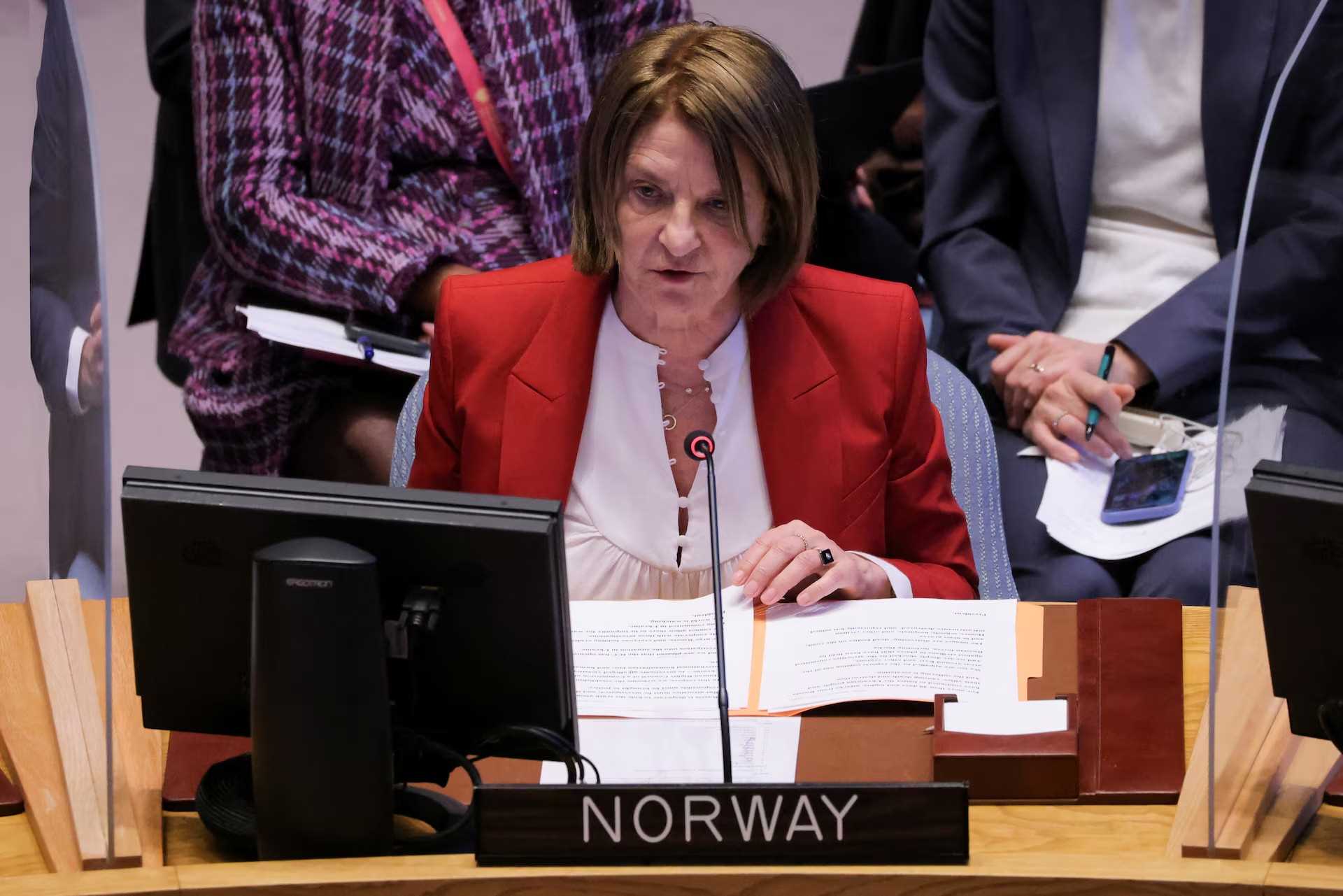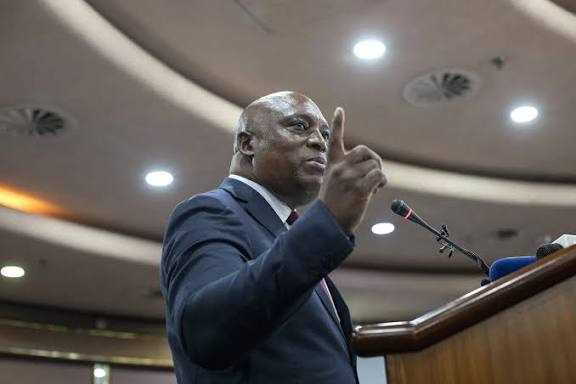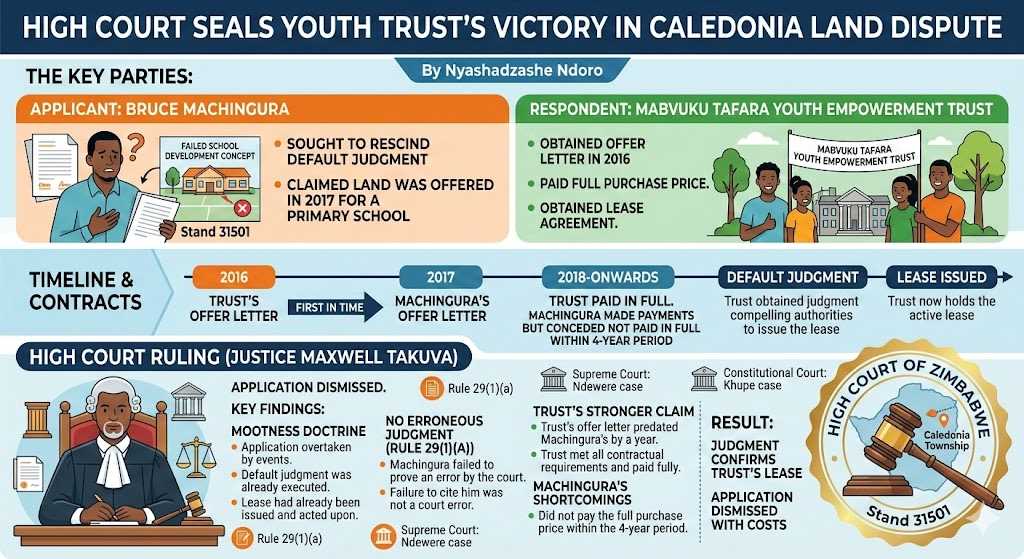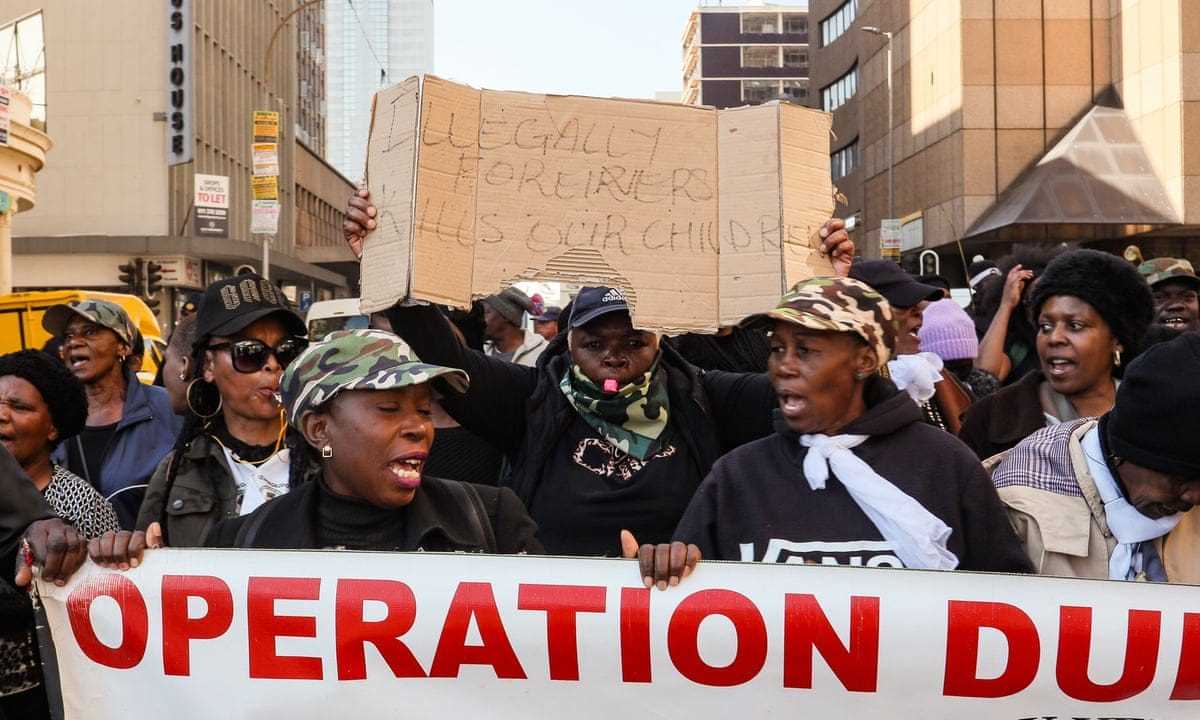ZimNow Reporter
The mayor of Sumy, a Russian ballistic missile strike, targeted the Ukrainian city during Palm Sunday celebrations, killing 21 civilians and injuring 83, including seven children.
This assault follows a pattern of intensified hostilities, with both sides escalating military actions
Ukrainian President Volodymyr Zelensky condemned the attack on Sumy as an act of "filthy scum," a day after Ukraine bragged about an attack on Russia. Moscow said it had downed a number of Ukrainian drones and reported damage to a factory.
Despite the violence, diplomatic maneuvers persist. The United Nations Security Council, under U.S. initiative, adopted a resolution in February 2025 urging an immediate ceasefire and "lasting peace," though it stopped short of condemning Russia.
China’s representative emphasized the need for Europe to lead peace efforts, given the conflict’s regional roots.
Related Stories
However, U.S. policy remains contentious. Following Donald Trump’s 2024 election victory, his administration signaled a shift toward reducing military aid to Ukraine and prioritizing negotiations with Russia, including proposals for a demilitarized zone and freezing territorial gains—a stance criticized by European allies.
The European Union, meanwhile, has doubled down on supporting Ukraine’s defense. Germany’s Chancellor Olaf Scholz engaged in tentative dialogue with Russian President Vladimir Putin, but EU nations largely reject appeasement, fearing a Russian-dominated outcome.
The bloc has accelerated military-industrial investments in Ukraine, ensuring a steady supply of advanced weapons like ATACMS missiles, which Kyiv recently deployed against Russian border targets.
The conflict’s escalation is marked by asymmetric tactics. Ukraine’s cross-border drone attacks—such as the November 2024 barrage on Moscow—and Russia’s relentless missile strikes exemplify a grim cycle of retaliation.
Prisoner exchanges, mediated by the UAE, offer fleeting humanitarian relief, with over 1,788 captives swapped since 2024. Yet, the human cost remains staggering: thousands of soldiers and civilians have died, while millions remain displaced.
International responses remain fractured. While the U.S. and EU advocate for opposing strategies—peace talks versus sustained military support—Russia and Ukraine cling to irreconcilable demands. Moscow insists on legalizing occupied territories and Ukrainian neutrality, while Kyiv vows to reclaim lost land and join NATO.
The recent Sumy attack underscores the reality that prospects for peace appear dim. Analysts warn that without a breakthrough in U.S.-Russia negotiations or a decisive battlefield shift, the war could enter a protracted phase, further destabilizing global security.




















Leave Comments